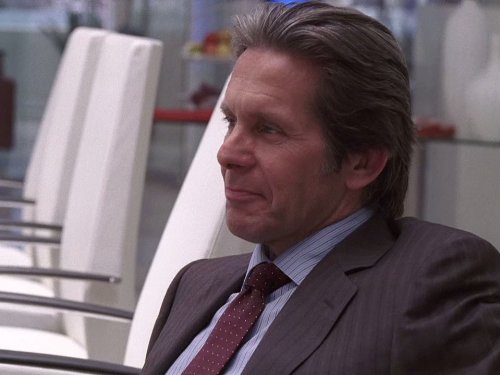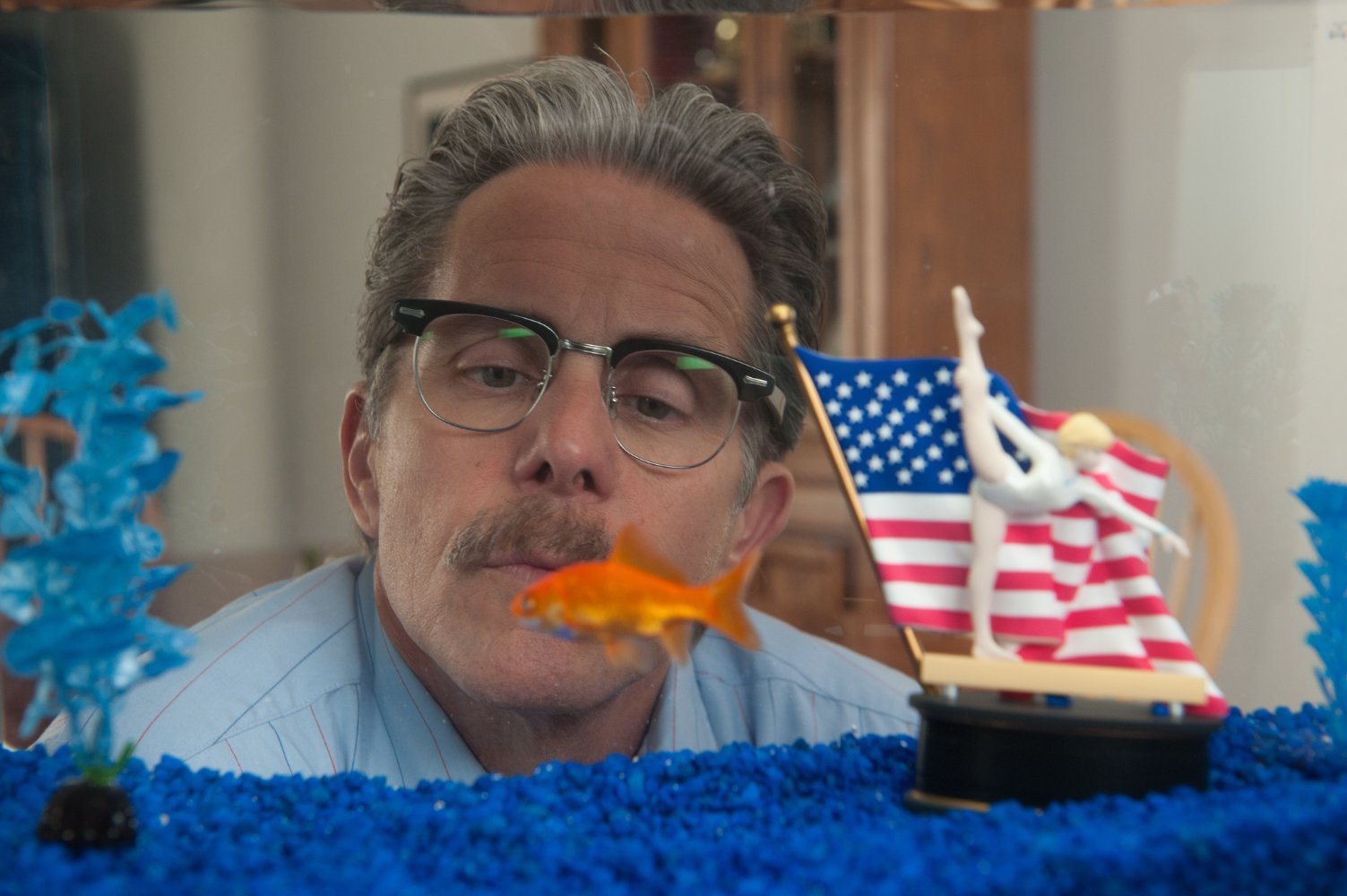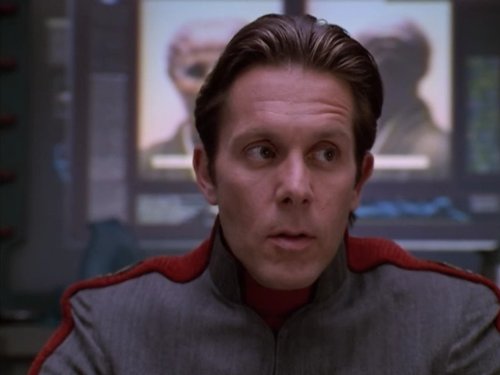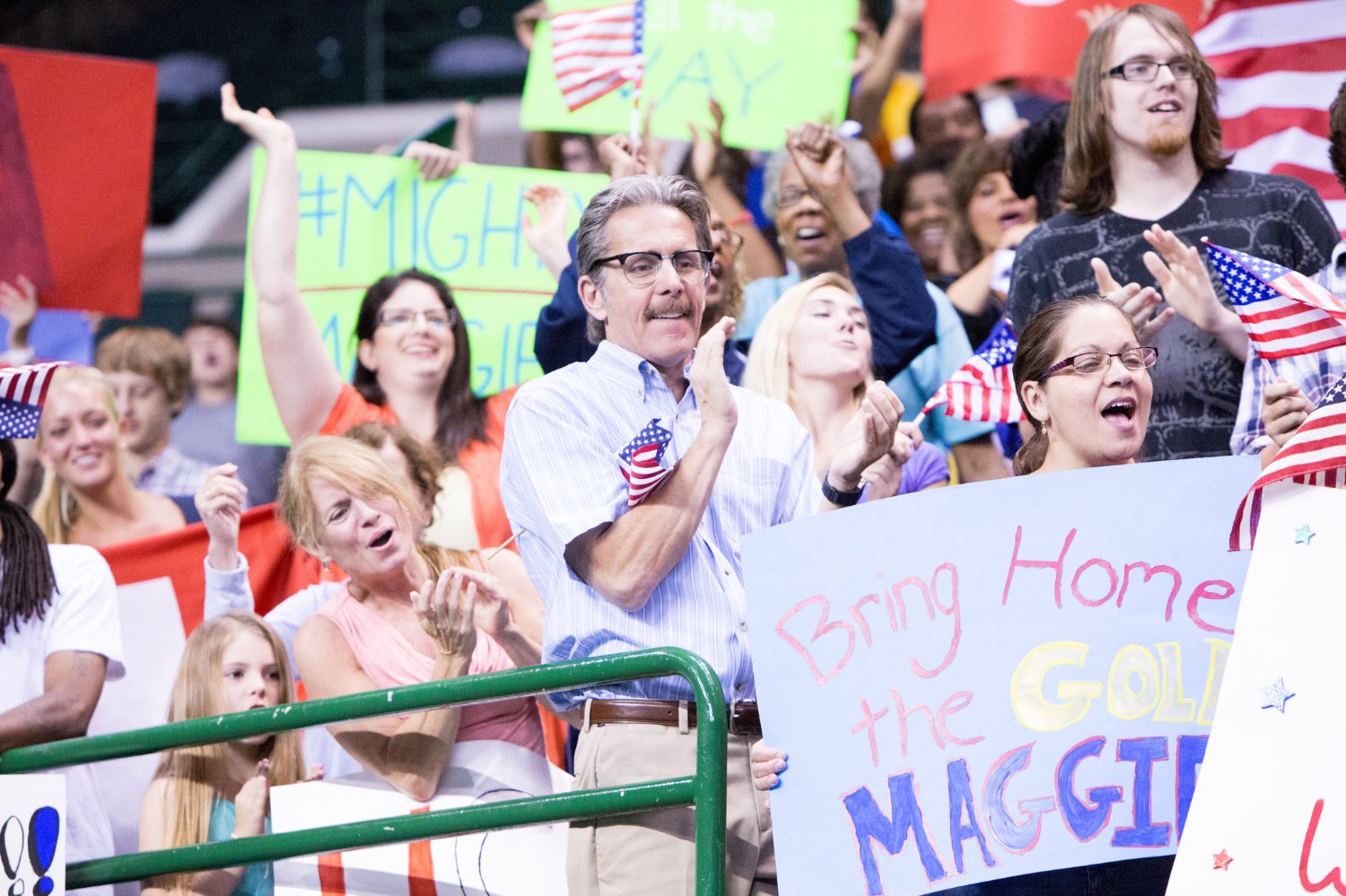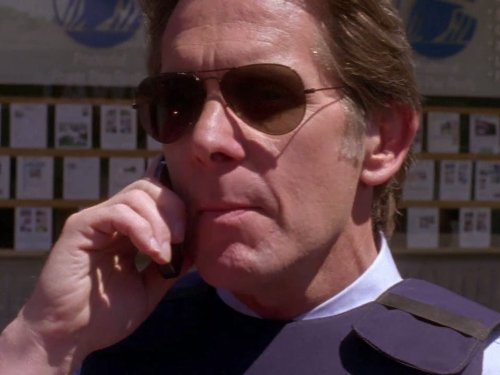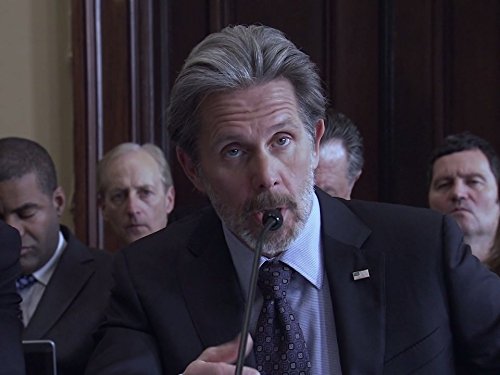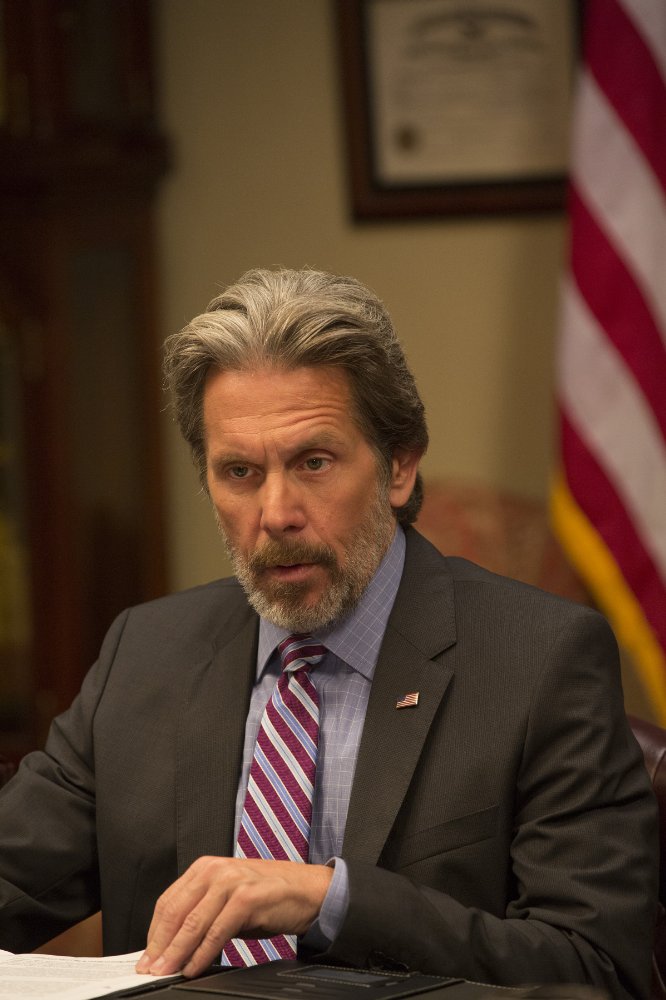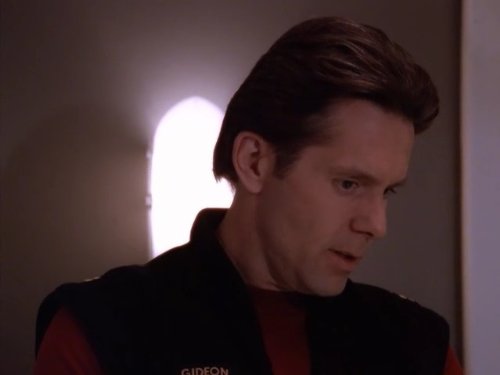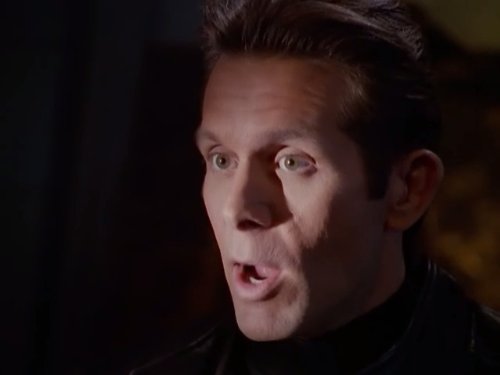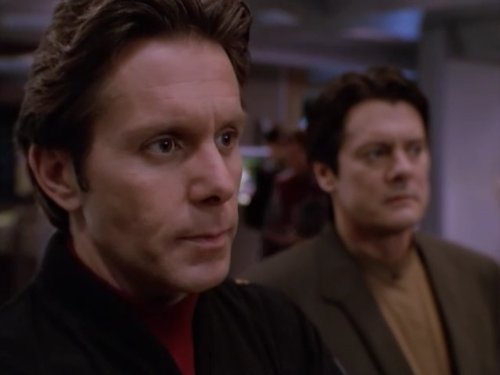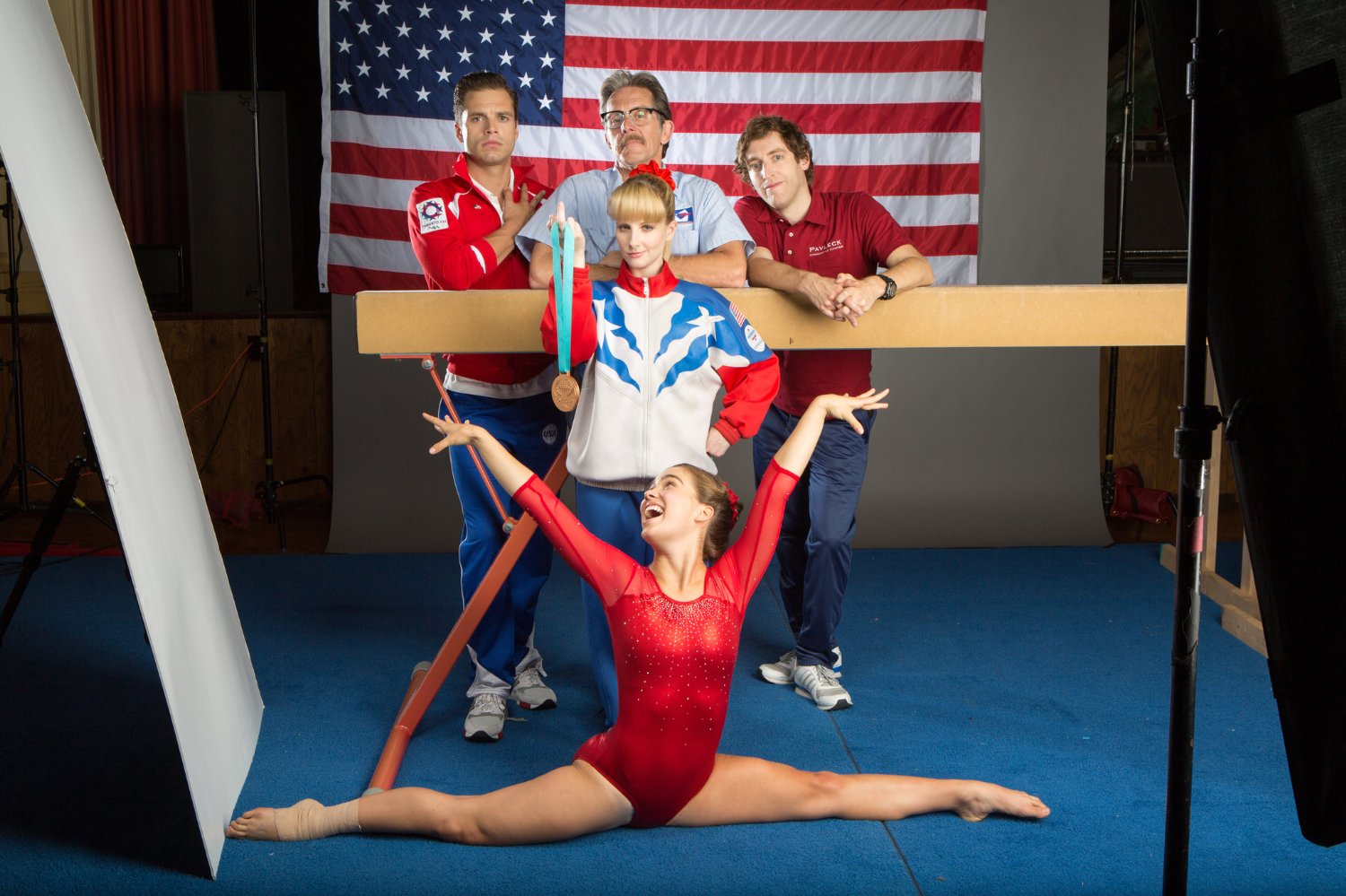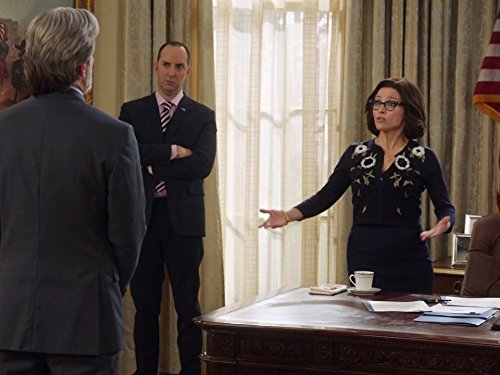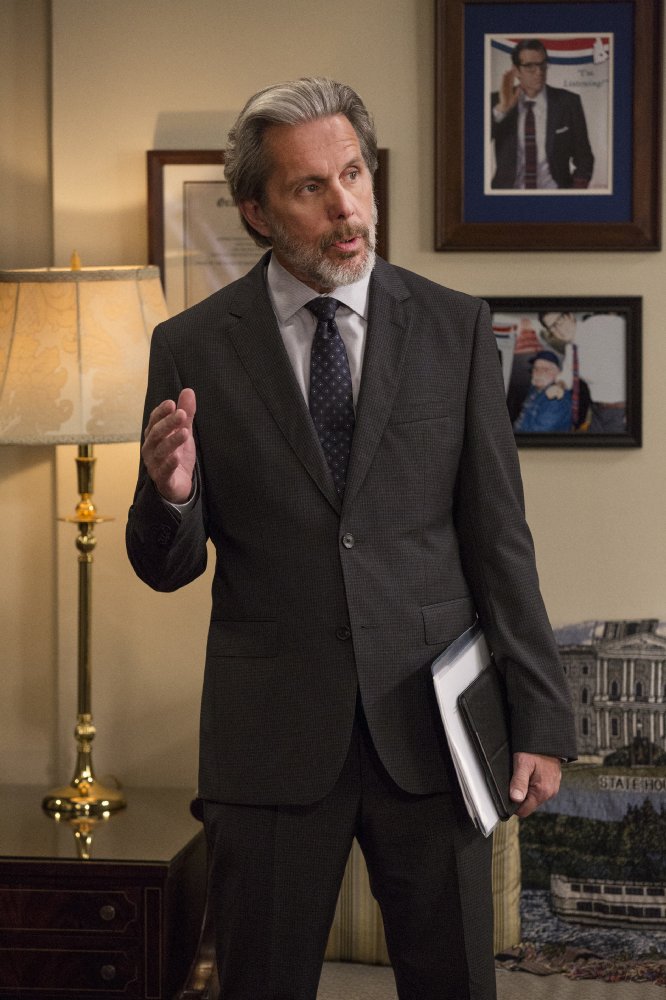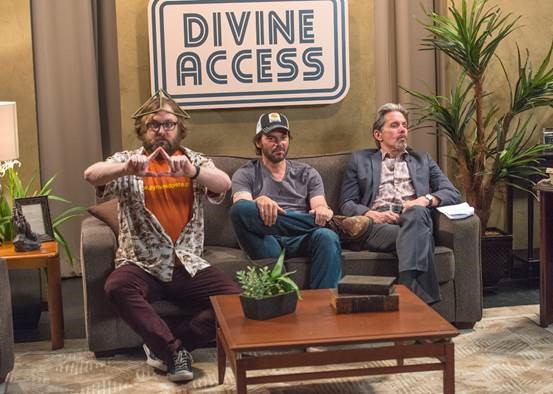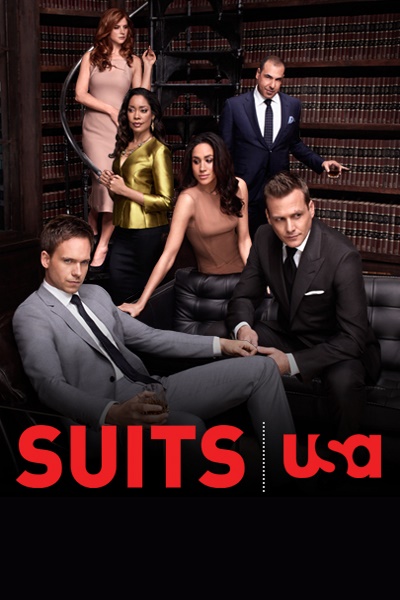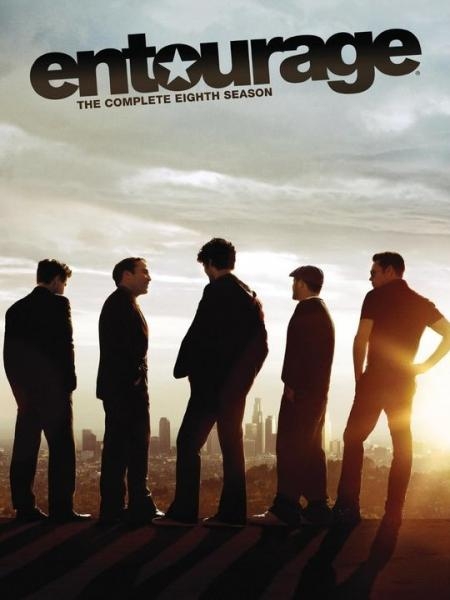Gary Cole
Birthday: 20 September 1956, Park Ridge, Illinois, USA
Birth Name: Gary Michael Cole
Height: 183 cm
Gary Cole was born on September 20, 1956 in Park Ridge, Illinois, USA as Gary Michael Cole. He is known for his work on Pineapple Express (2008), Office Space (1999) and Talladega Nights: The Ballad o ...Show More
Gary Cole was born on September 20, 1956 in Park Ridge, Illinois, USA as Gary Michael Cole. He is known for his work on Pineapple Express (2008), Office Space (1999) and Talladega Nights: The Ballad of Ricky Bobby (2006). He has been married to Teddi Siddall since March 8, 1992. They have one child. Hide

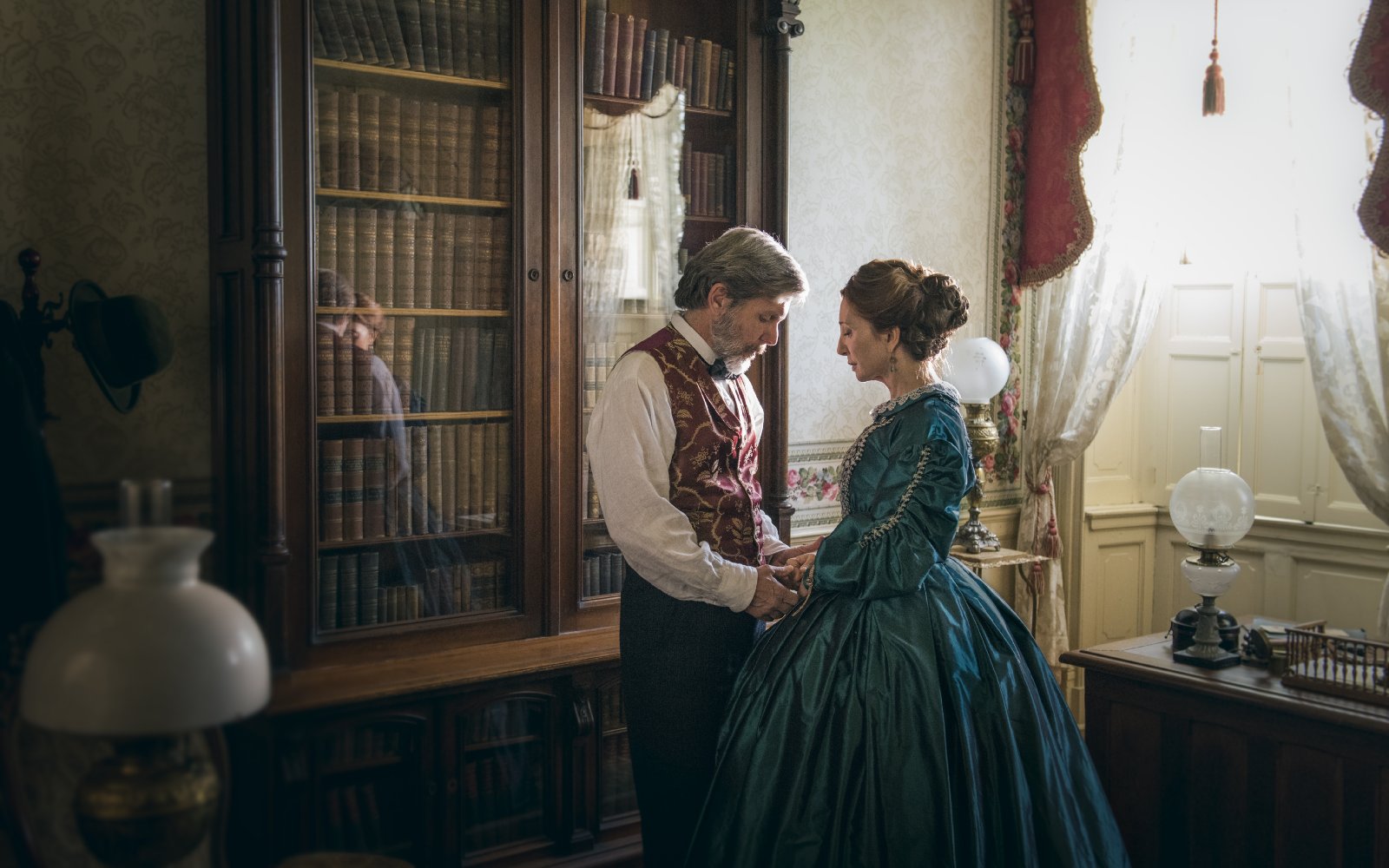
 Gary Cole'S roles
Gary Cole'S roles



































